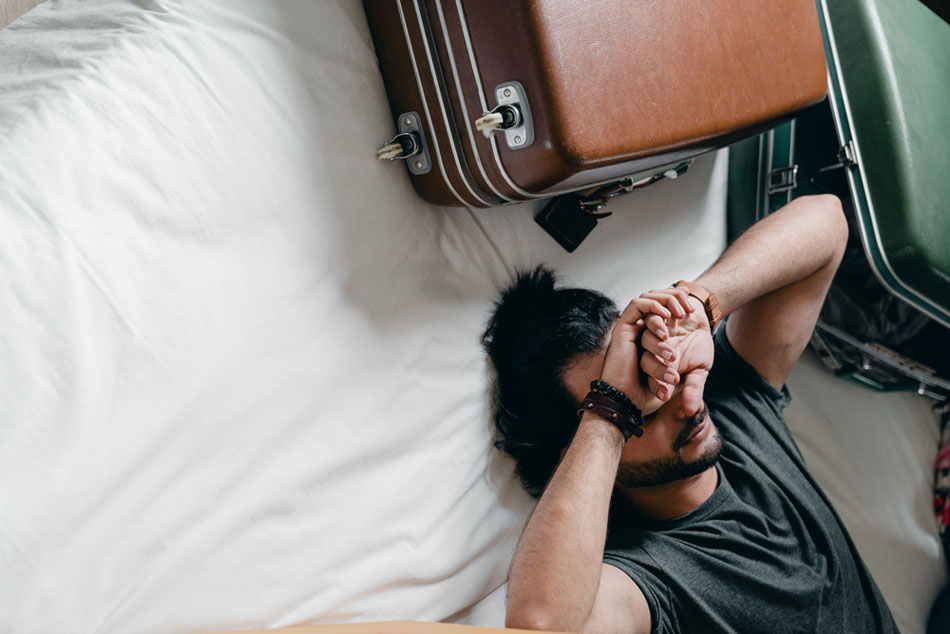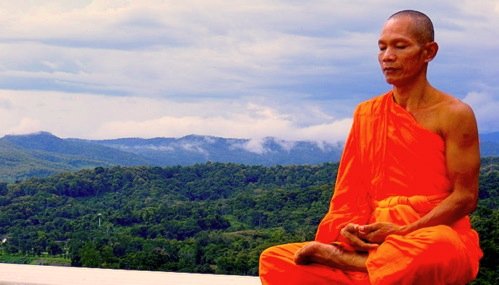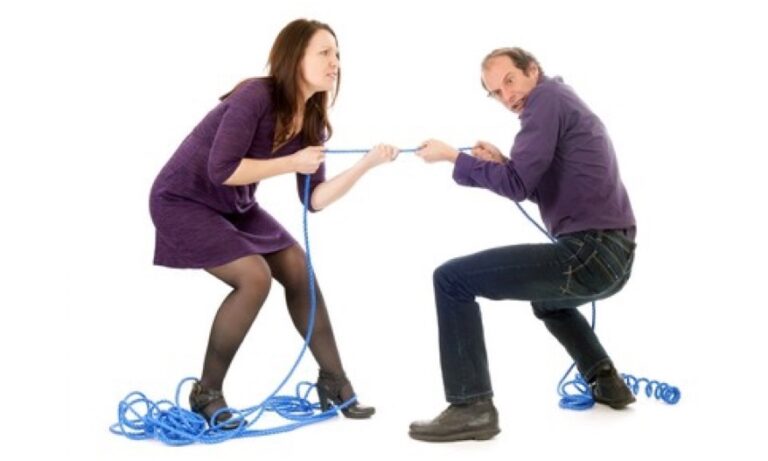
If you have never heard of sleep tourism it is because it is a new trending term used in the tourism industry to describe tourists who prioritize rest and relaxation while traveling. Sleep tourists often seek out destinations with unique accommodations or experiences that promote relaxation and better sleep, such as soundproofed rooms, luxurious bedding, mindfulness activities, and spa treatments.
In turn, companies are offering unique experiences, such as sleep pods in airports or luxury hotels with specialized sleep packages. These options cater to busy professionals who want to make the most of their time sightseeing, experiencing new types of food, and going on an adventure, while at the same time naturally catching up on much-needed sleep.
Sleep tourism differs from other forms of tourism in its focus on rest and rejuvenation rather than exploring a destination or trying new things. However, it can also be combined with other types of travel – for example, a vacation to a historic city could include a visit to a luxury hotel known for its exceptional sleeping experience.
Sleep is becoming increasingly important in our fast-moving society as people are realizing the importance of taking time to disconnect and recharge. With technology constantly at our fingertips, it can be hard to find time for ourselves, and often the first thing to go is sleep. Sleep deprivation has been linked to a wide range of health problems, including obesity, heart disease, and cancer.
In addition to its health benefits, sleep also plays an important role in our mental well-being. It allows us to process information and emotions from the day, helps us to relax and de-stress, and can improve our moods. Sleep is essential for overall well-being, and it’s no surprise that sleep tourism is becoming more popular as people seek out ways to improve their health and well-being.
Destinations that focus on promoting better sleep can attract a new type of tourist who is looking for an escape from the stresses of everyday life. By emphasizing the health and wellness benefits of sleep, destinations can create marketing campaigns and packages that focus on rest and relaxation. This can be a great way to attract a new type of traveler who may not have considered visiting your destination before.
The benefits of Sleep Tourism include improved:
- Mood,
- Productivity,
- Overall health, and
- Well-being.
It can also provide a much-needed break from the stress and busyness of everyday life. And for those with sleep disorders or difficulties, sleep tourism offers the opportunity to identify and address these issues in a relaxing setting.
As more destinations and accommodations cater to the sleep tourism market, it is becoming easier for travelers to prioritize their rest and relaxation while on vacation.
And why not? “When it comes down to it, travelers book hotels for a place to sleep,” states Dr. Rebecca Robbins, a co-author of the book Sleep for Success!, also stating that before the sleep tourism trend hotels used to focus on activities that would keep guests up and distracted from sleeping, such as early morning non-stop packages.
However, with the rise in sleep tourism, hotels are beginning to cater to guests by offering sleep friendly activities, together with high quality sleep accommodations, promoting a well-rested and successful vacation.
Sleep tourism has been around for a while, but it is trending because finally, the industry has put a name on it. “Sleep tourism” is simply traveling to a destination specifically for the purpose of getting better sleep. This can include visiting a luxury hotel known for its exceptional sleeping experience or trying out a new type of accommodation that is designed to promote relaxation and better sleep.
Of course, tourists themselves will shortly start using the term “sleep tourism,” adjusting in the process the rhythm of their traveling. Yes, people will want to see new places, experience new cultures, and eat new food, but also they will consciously take a few extra hours in bed, enjoying more comfortable accommodation, and spend a few extra relaxing before they go out and make the most of their traveling experience. After all, we can’t just sleep all day, especially if we are paying a healthy price for it.
Destinations that focus on promoting better sleep can attract a new type of tourist who is looking for an escape from the stresses of everyday life. By emphasizing the health and wellness benefits of sleep, destinations can create marketing campaigns and packages that focus on rest and relaxation. This can be a great way to attract a new type of traveler who may not have considered visiting your destination before.
Overall, besides traditional reasons for travel, such as sightseeing, food tourism, history tourism, and adventure tourism, companies are now realizing something we knew from the start, that people are traveling to rest, relax, and recharge. Sleep tourism offers travelers the opportunity to recharge and come back from vacation feeling refreshed and reinvigorated.
And why not make the most of it? Why not combine relaxation, sleep, and a sense of adventure?
So, sleep well and travel well.














